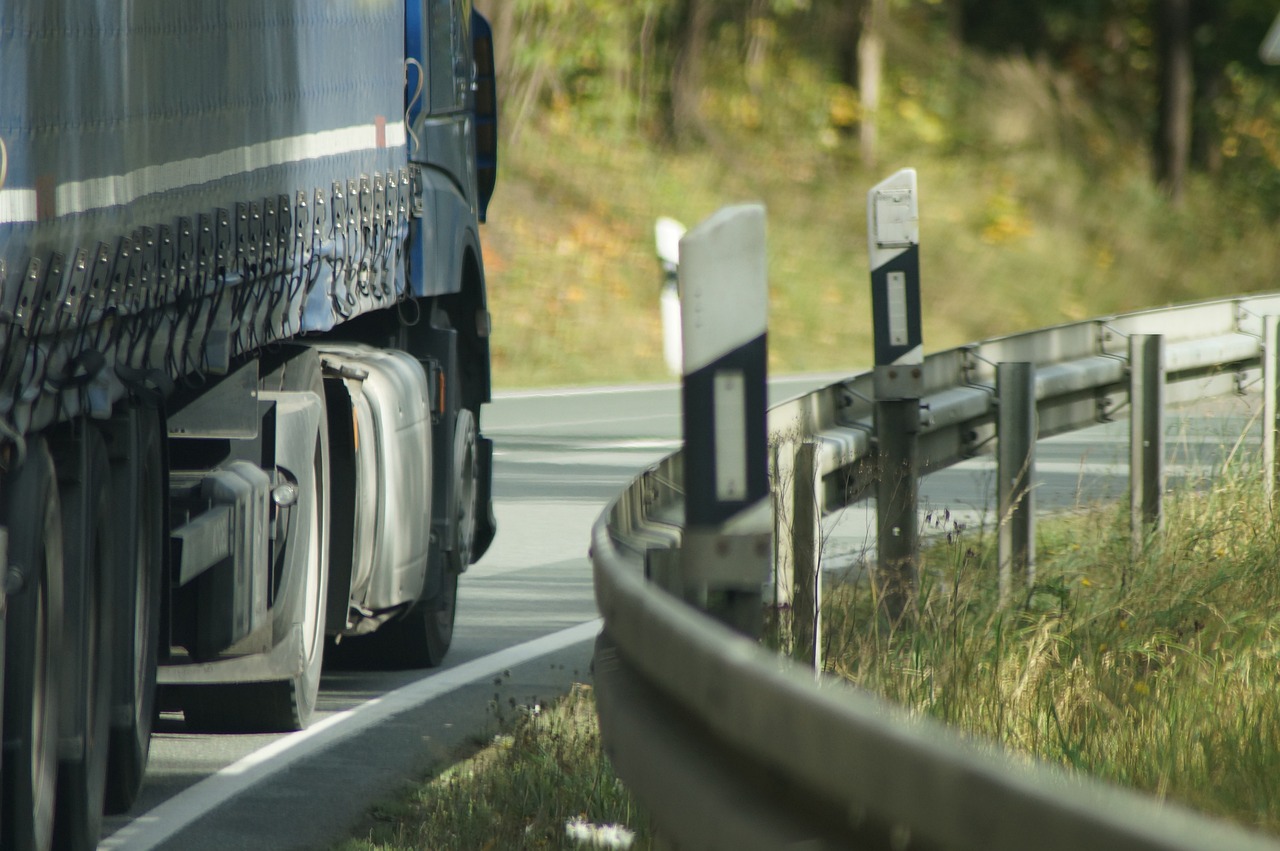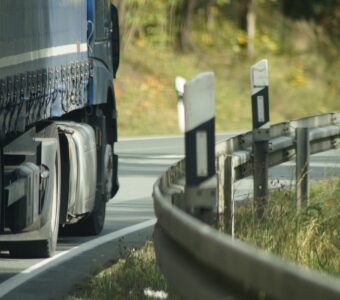
Truck Tire Blowouts: How Do Truck Tires Cause Accidents?
Truck tire blowouts are a harrowing and potentially catastrophic event on the road. The sudden loss of tire pressure can lead to loss of control, rollovers, and collisions, posing significant risks to both truck drivers and other road users. In this article, we delve into the causes and consequences of truck tire blowouts, shedding light on the factors that contribute to these accidents and discussing ways to prevent them.
1. Understanding Tire Blowouts
A tire blowout occurs when the pressure inside a tire drops rapidly due to a rupture or puncture, causing the tire to burst. This can be particularly dangerous in large trucks due to the weight and momentum of the vehicle. When a tire blows out, the driver can struggle to maintain control, leading to swerving, veering into other lanes, or even overturning.
2. Causes of Tire Blowouts
Several factors contribute to truck tire blowouts:
- Underinflation: One of the leading causes of tire blowouts is underinflation. When a tire is underinflated, it generates excess heat, which weakens the tire’s structure and increases the likelihood of a blowout.
- Overloading: Trucks that carry loads exceeding their weight capacity put excessive stress on the tires. This stress can lead to tire overheating and eventual blowouts.
- Poor Maintenance: Neglecting regular tire maintenance, including checking for wear and tear, can result in worn-out tires that are more susceptible to blowouts.
- Road Hazards: Debris, potholes, and sharp objects on the road can puncture a tire, causing it to deflate rapidly.
3. Consequences of Truck Tire Blowouts
Truck tire blowouts can have severe consequences:
- Loss of Control: The sudden loss of tire pressure can make it difficult for the driver to control the truck, leading to dangerous swerving or veering.
- Rollovers: Tire blowouts can cause trucks to tip over, especially if the blowout occurs on a curve or while the truck is making a turn.
- Collisions: Swerving or veering due to a blowout can result in collisions with other vehicles, objects, or barriers.
- Traffic Disruption: Blowouts can lead to road closures and traffic congestion as authorities work to clear the wreckage and ensure road safety.
4. Prevention and Mitigation
Preventing truck tire blowouts requires proactive measures:
- Regular Maintenance: Trucking companies should implement a thorough tire maintenance program, including regular inspections, checking for proper inflation, and rotating tires as needed.
- Proper Loading: Ensuring that trucks are loaded within their weight limits reduces stress on tires and minimizes the risk of blowouts.
- Inflation Monitoring: Employing tire pressure monitoring systems (TPMS) can help drivers and maintenance personnel detect underinflated tires before they lead to blowouts.
- Driver Training: Educating truck drivers about the importance of tire maintenance, proper inflation, and safe driving practices can play a pivotal role in preventing blowouts.
5. Emergency Response
If a tire blowout does occur, drivers should follow these steps:
- Maintain Control: Keep a firm grip on the steering wheel and avoid overcorrecting.
- Ease Off the Gas: Gently release the accelerator without abruptly braking.
- Steer Straight: Try to keep the vehicle moving in a straight line and gradually slow down.
Truck tire blowouts are dangerous events that can lead to loss of control, rollovers, and collisions, causing harm to truck drivers, passengers, and other road users. Understanding the causes of blowouts, such as underinflation, overloading, poor maintenance, and road hazards, is crucial for prevention. By implementing regular maintenance programs, educating drivers, and using technology like TPMS, the risk of blowouts can be significantly reduced. Through proactive measures and responsible driving practices, we can work towards safer roads for everyone, minimizing the potential for accidents caused by truck tire blowouts. Should you find yourself in a truck accident due to a tire blowout, be sure to contact Embry Law Truck Accidents.



